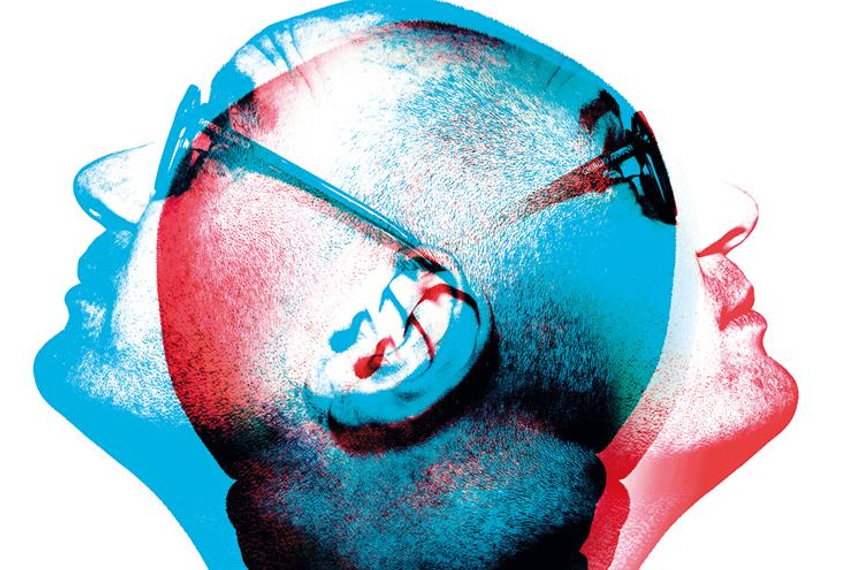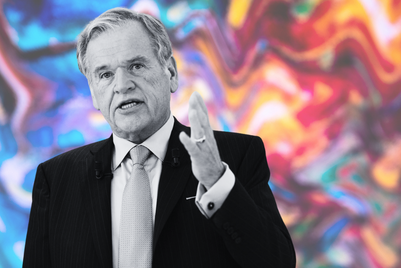
Once upon a time, I was always the most digitally minded person in the boardroom. I might mention how the soundtrack for our latest campaign was trending on Shazam. Sure enough, someone across the table would ask: "What’s Shazam?"
But everyone is now more tech-savvy, and I’m no longer the lone digital voice. These days, your fifty-something managing director is using WhatsApp (and even the most senior person now sends me emojis ranging from ?? to ?? to ??). It’s no longer just teenagers who are embracing this technology. We all are.
For the first time, fellow directors are asking: "What new digital channel are we harnessing next?" I no longer have to convince my peers of the digital benefits, because they are already enjoying them.
If anything, I now find myself tempering our new-found passion, so we don’t waste our resources on the latest, hottest digital trend that evaporates as quickly as it has been declared the next big thing.
The digital landscape is ever-evolving. So here are a few crucial things to keep in mind going into 2018.
Don’t throw the baby out with the bathwater
For years, people have said that radio is dead, cinema is dead, direct mail is dead. Well, I can disprove all three of those claims.
Radio advertising is extremely effective in terms of conversion. Nine out of 10 adults tune in at least once a week. Digital radio, streaming and podcasts are helping to revive this medium.
Cinema is now one of those very rare places where people can’t use their phones or get up to make a cup of tea – so they’re a captive audience, and they’re happy to sit and watch the ads.
Meanwhile, so many companies have stopped doing direct mail, that when people receive well-targeted post now, they are more likely to open and read it.
In other words: digital is essential, but never forget that some of the older channels are enjoying a renaissance too. We must review and revive these staples while innovating in a digital-first world.
Digital first (for real this time)
A recent report by McKinsey shows that only 40% of businesses have fully embraced digital. That leaves a huge number left with lots of catching up to do.
It’s a world that companies cannot afford to ignore. For example, an Audi customer surfs the Audi site multiple times before they decide to visit one of Audi’s centres. And we spend more time on our mobile devices than we do watching television. That fact should give us pause: why are we marketers still obsessive about TV?
The recent Audi "Clowns" campaign illustrates the point perfectly. We trialled the new YouTube six-second advertising format. We realised that more people will watch our ad digitally than anywhere else, so the ad is in fact designed as several short, six-second chapters. Each showcases how Audi technologies react to make our roads a safer place. Individually the chapters are ideal for digital consumption. Stitched together they do a very good TV job.
The biggest risk is taking no risks
A recent PwC study claims the out-of-home market continues to remain one of the most reliable forms of advertising. While OOH has not (yet) suffered the severe disruption faced by the print media and TV industries, it is very much undergoing a print-to-digital transformation. There is no doubt outdoor ads will become even more interactive, adaptive and personalised in the future.
Audi has recently used big digital boards that can measure the local weather and traffic, so if it’s a sunny day, we can talk to our audience about cabriolets. If it’s slow traffic, we extol the virtues of our self-driving technology.
Our systems can also read the registration number of a car, so we are having a little bit of fun with our audience, too. By identifying a number plate, we can say to someone sitting in a traffic queue: "Hello to you in the red Audi A3. How are you today?"
There is so much potential in that interactivity. Marketers will, of course, need to figure out the tone and level of engagement appropriate for their brand. And the technology and methodology behind big outdoor interactive advertising boards are still very much in their infancy; we’re at the beta stage. But for companies that pride themselves on pushing the envelope, they’re worth the risk.
There will be so much more to come in the next 12 months. The rise of voice command (that actually works); augmented reality (with more mainstream appeal than just the gaming community); and "hypes" for the next big thing.
Of course, a fair number of those "next big things" will turn out to be resource-wasting flops but the very best of them will change our world. •
(Benjamin Braun is the head of marketing for Audi UK. This article first appeared on CampaignLive.co.uk)


.jpg&h=334&w=500&q=100&v=20250320&c=1)
.jpg&h=334&w=500&q=100&v=20250320&c=1)


.jpg&h=334&w=500&q=100&v=20250320&c=1)


.jpg&h=334&w=500&q=100&v=20250320&c=1)
.jpg&h=334&w=500&q=100&v=20250320&c=1)



.jpg&h=268&w=401&q=100&v=20250320&c=1)
.jpg&h=268&w=401&q=100&v=20250320&c=1)
.jpg&h=268&w=401&q=100&v=20250320&c=1)
.jpg&h=268&w=401&q=100&v=20250320&c=1)


